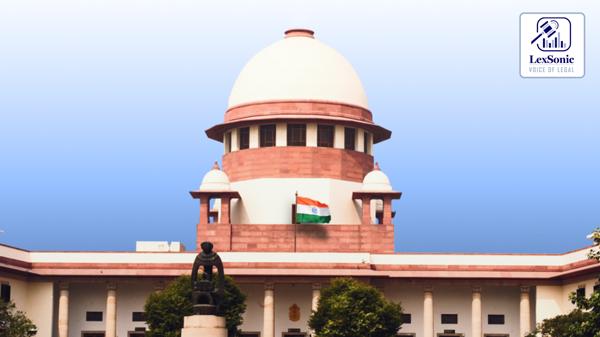Supreme Court Pulls Up Authorities Over Sewer Deaths, Imposes Rs. 5 Lakh Cost on PWD for Violating Manual Scavenging Ban.
18 September 2025
A bench of Justice Aravind Kumar and Justice N.V. Anjaria reviewed photographs and affidavits wherein workers were seen to have been deployed for storm water drain desilting without safety gear. The Court faulted the PWD for trying to belittle the problem by referring to the work as just a "desilting." It observed that though circulars and communications had been made repeatedly, no serious steps had been taken against contractors who were flouting contract conditions or exposing workers to hazardous working conditions.

The bench ordered the PWD to deposit Rs. 5 lakh with the National Commission for Safai Karamcharis in four weeks, noting that officials seemed to be "dragging their feet" and disregarding clear judicial instructions. The Court asserted that in case such occurrences are repeated, it would be left with no choice but to order registration of FIRs against accountable officials under the Bharatiya Nyaya Sanhita, 2023.
The case is part of a larger series of petitions related to the persistence of manual scavenging in spite of prohibitions under statute through the Prohibition of Employment as Manual Scavengers and their Rehabilitation Act, 2013 and an amendment introduced in 2023. The Court had previously issued far-reaching directions in October 2023, such as phased elimination of manual sewer cleaning, Rs. 30 lakh compensation for sewer fatalities, rehabilitation programs for victims' families, and mechanisms for accountability against contractors.
The issue will be heard again on 15 October 2025. The Court also rejected some applications for intervention while allowing NGOs and unions to seek similar claims in other pending petitions.
